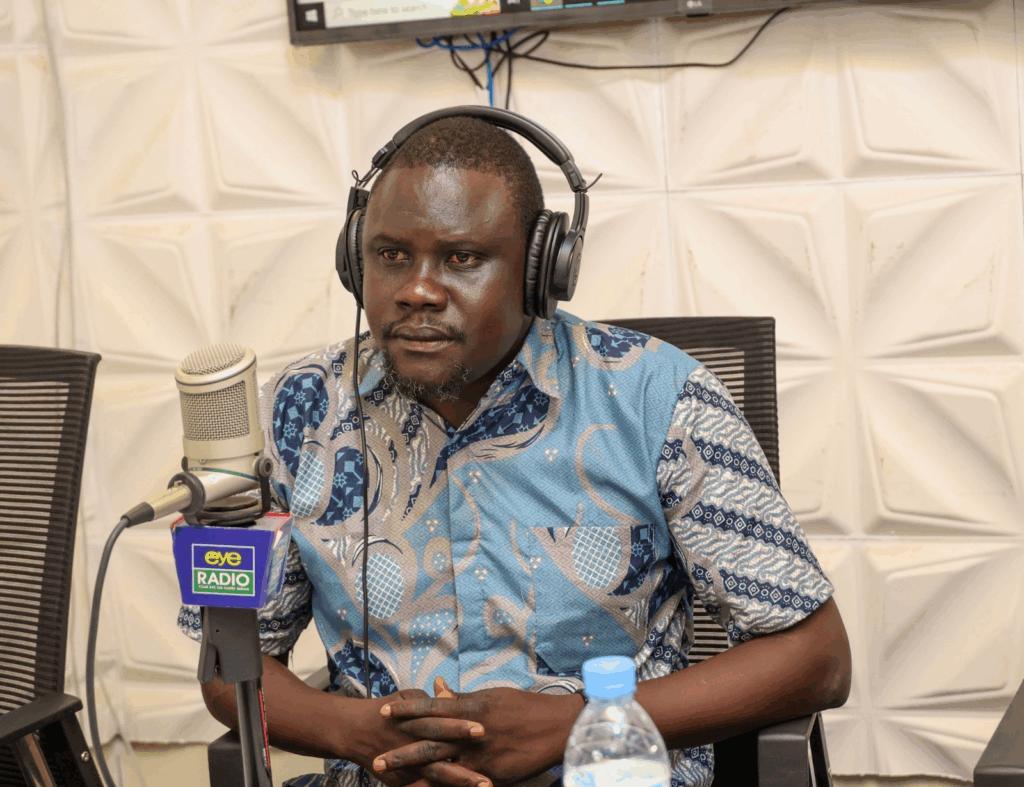Africa-Press – South-Sudan. An independent consultant and policy analyst, Boboya James has raised alarm over what he calls a “pattern of financial dishonesty” that has come to define the South Sudanese government’s dealings with international lenders.
Among the most pressing cases is a ballooning $1 billion debt to Qatar National Bank, which initially issued a $700 million loan to Juba in 2012.
The escalation of the dispute has led to legal maneuvers reaching beyond the United Kingdom to U.S. courts—a signal, James says, of increasing international frustration.
“The government of South Sudan is becoming weaker in fulfilling international contractual obligations,” said James.
“This issue with Qatar is not an isolated one. African Banking Bank is demanding $657 million. Diva Cell is seeking nearly $2.9 billion in court. These are not small numbers for a country with a national budget of only $1.1 billion,” he added.
The implications are far-reaching. As legal battles intensify and non-payment accumulate, James warns that international lenders and investors are growing wary of South Sudan as a credible partner.
“This damage our international reputation and sends a clear message that South Sudan is no longer a trustworthy broker,” he said.
The financial crisis is not only a matter of external perception—it’s having a tangible impact on the country’s domestic capacity to deliver basic services.
With a significant portion of its oil-backed loans lost to corruption, James says the government lacks the fiscal space to fund development or even mount a legal defense in the growing number of lawsuits.
“The money that was borrowed was supposed to be paid back through oil revenues. But nearly 90% of it has been lost to corruption,” James said.
“Public officials have enriched themselves at the expense of the people. Now the country is bankrupt in trust, in capital, and in capacity.”
International experts have long viewed South Sudan’s oil reserves as a potential driver of economic transformation.
The situation further complicates South Sudan’s pursuit of long-term stability and growth. Without foreign capital, donor trust, or functioning institutions, the country faces a grim cycle of debt, legal entanglements, and underdevelopment.
“No investor wants to put money into a system where contracts aren’t honoured and the judiciary can’t guarantee enforcement,” James noted.
As South Sudan grapples with amounting debt and credibility crises , the analyst is urging a national calculation
Restoring trust with international partners, according to Boboya, will require not only repayments but also genuine reforms in the financial management ofpublic resources.
Without transparency and accountability, South Sudan risks being permanently shut out of the partnerships it needs to rebuild.
Source: Eye Radio
For More News And Analysis About South-Sudan Follow Africa-Press






